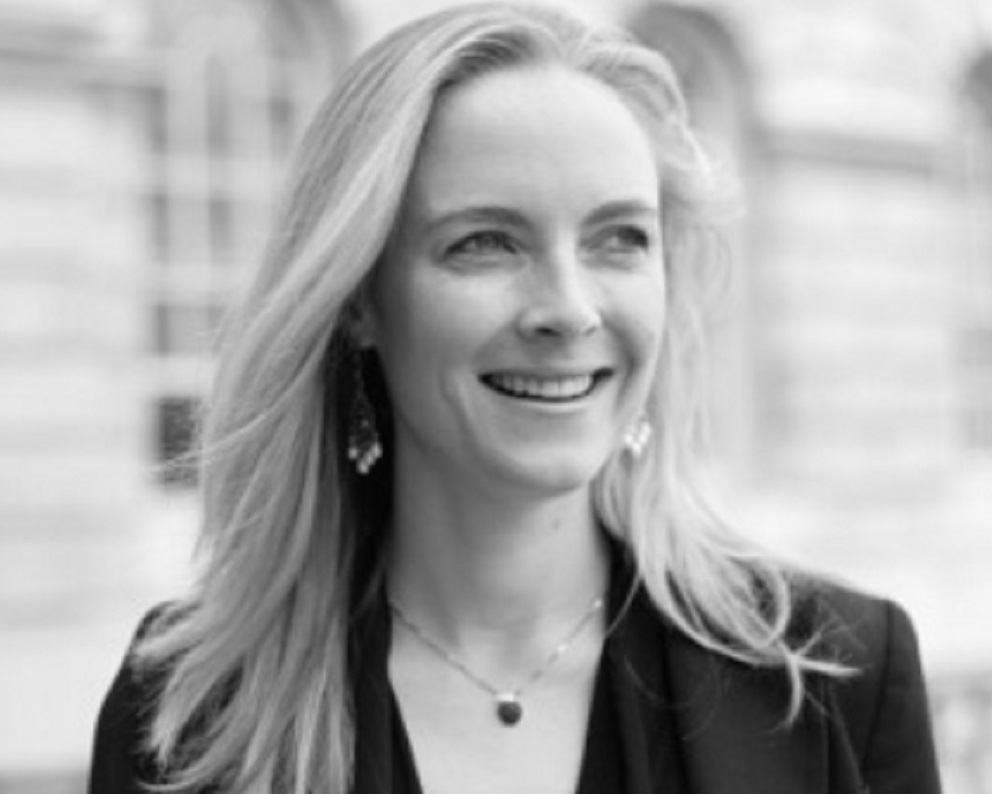A love of entrepreneurship and business acumen has seen BSc Bioinformatics scholar Robyn Scott make a difference to the world of business. Her inspiring story stretches from the UK to New Zealand to Botswana. In London she heads up her own company OneLeap, which connects pioneering entrepreneurs leading corporations. Her interest in Botswana, where she grew up, lies with a national not-for-profit group called Mothers For All. This social entrepreneur sits down with the ACN to share her views on women in business.
1. Why is it important that woman succeed in business?
Would you be content using only 50% of your brain, if you could instead use 100%?
Similarly, any rational society surely profits from deploying in its economy 50% more of its human capacity and potential.
2. Do women bring to business something men don’t?
I hate generalisations around particular traits or characteristics – even if there is some truth in them. Diversity per se, is generally a good thing – reducing the risk of ‘group think’, for one and bringing more women into business is a powerful way to increase diversity.
3. What motivates you to succeed?
The number and the enormity of important problems that exist to be solved – and the brief time and chance each have to help solve them.
I am also an optimist about people – even working with maximum security prisoners. Most people, I think, want to do the right thing. You just have to make it urgent (by telling compelling stories) and easy (by building or offering elegant solutions) for them to do so. This is a fantastic challenge.
4. What advice do you have for women hesitant about their own abilities?
Depersonalise it. We all feel hesitant. If you’re unconvinced, read the studies on ‘imposter syndrome’ amongst senior executives. Get in the ring. It’s the only way to find out what your abilities really are – and to start improving them.
5. Do women do enough to help other women in business?
People don’t tend to help other people enough in business. This is the bigger challenge.
6. What top tip would you give to a woman trying to get ahead?
Work on something you care deeply about. The bumps are easier if succeeding will benefit others. An extraordinary entrepreneur friend of mine, Priv Bradoo, shared some great advice she got from a male mentor. He said that to succeed, you need a big ego. If you don’t have a big ego, you need a strong sense of purpose to compensate.
7. Do you see a culture change-taking place in the boardroom?
My boardroom insights are mostly in the world of start-ups. Here, though there are fewer women in leadership than men, it doesn’t come up. Start-up board meetings are about survival and growth – and getting the best people on the boat to make this possible.
8. Who inspires you and why?
The unsung campaigners and entrepreneurs, especially in poorer countries, who tackle acute challenges with the scantest resources. I am also constantly humbled and inspired by the women in Mothers for All, the non-profit social enterprise I co-founded. We train and support women who have voluntarily taken two or more orphans into their care, of which there are no shortage. They are heroic.
9. Can you celebrate your own success?
It is generally more interesting and fruitful to celebrate others success.
10. Is the question “Can women have it all?” an excellent question, an offensive question or just old hat?
I think it is comparably unhelpful to asking: can anyone have it all in life?
11. What do you feel the role of Government is in supporting women who want to succeed in business?
I think it is for government, probably, to figure this out, which it is unlikely to do so until it has more women doing the figuring.
12. What do you feel the role of Government is in supporting corporates who want to attract more women into their business?
Prosaic as this sounds, I imagine policies that reduce the cost of childcare are important.
13. What is the most inspiring act or story you have come across of a woman succeeding in politics?
It’s hard to beat Aung San Suu Kyi’s extraordinary story.
14. Quote that inspires you?
“Injustice anywhere is a threat to justice everywhere” – Martin Luther King

